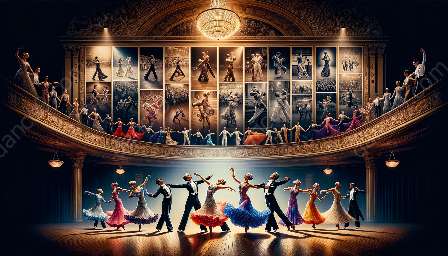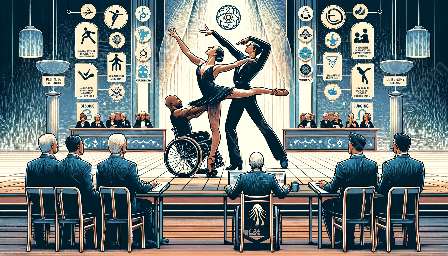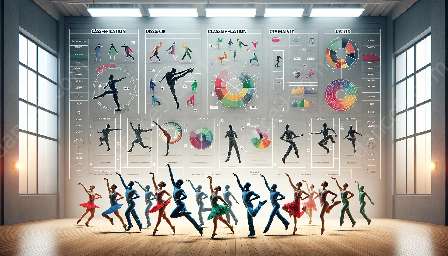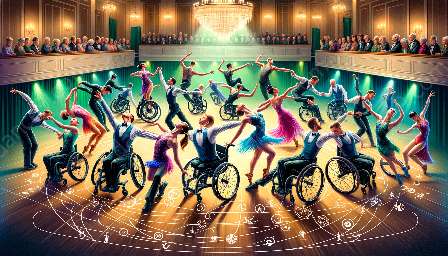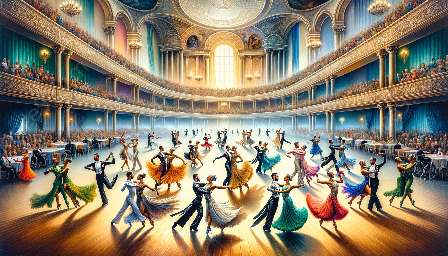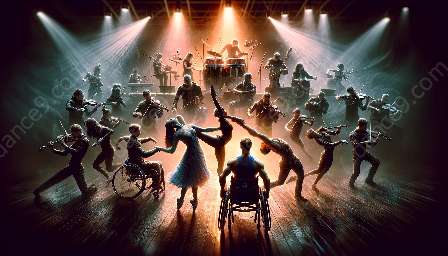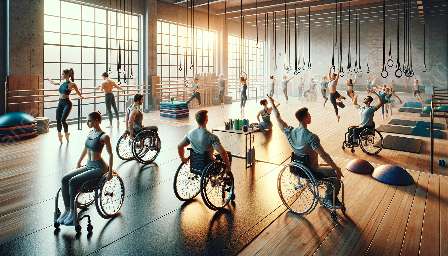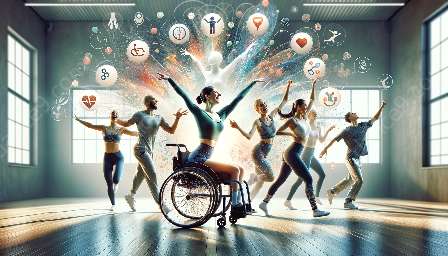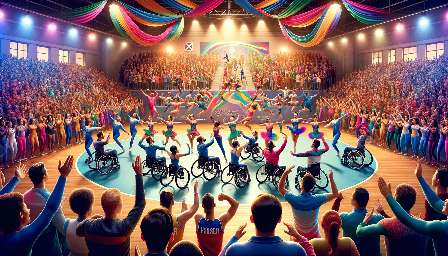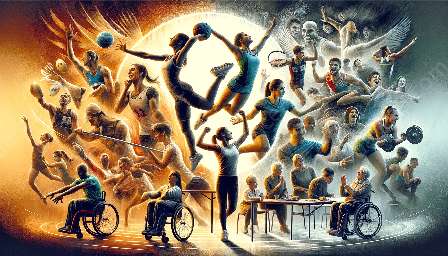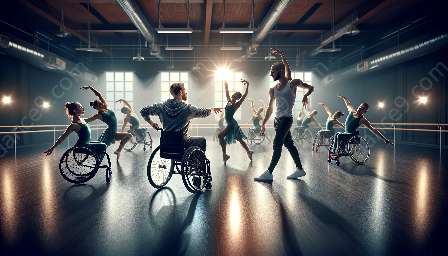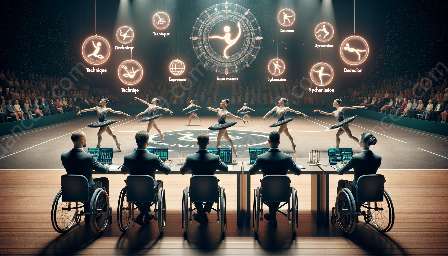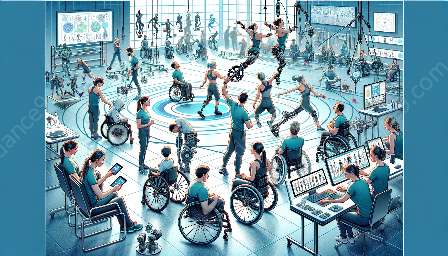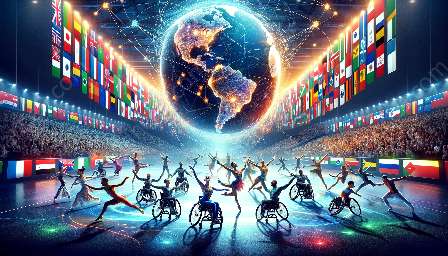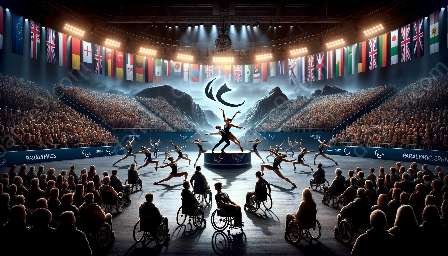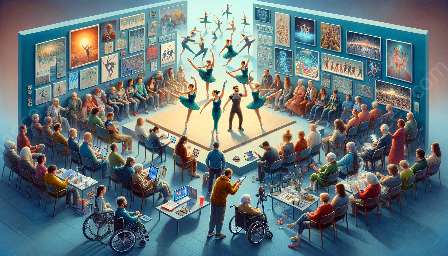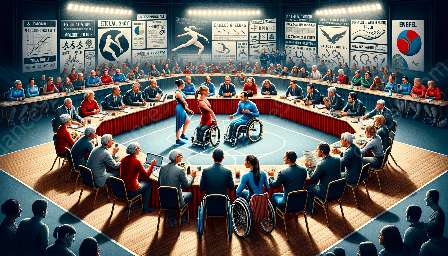When it comes to the public perception and ethical interpretation of disability, there is a complex web of attitudes, beliefs, and values that shape how disability is viewed and treated in society. This is especially relevant in the context of para dance sport and the World Para Dance Sport Championships, where individuals with disabilities showcase their talents and abilities on a global stage.
Understanding Public Perception of Disability
Public perception of disability has evolved over time, influenced by various cultural, social, and historical factors. In the past, disability was often stigmatized, and individuals with disabilities were marginalized and excluded from many aspects of society. However, there has been a growing shift towards recognizing the value and potential of people with disabilities, leading to increased efforts to promote inclusivity and accessibility.
Para dance sport, as a competitive and artistic endeavor, has played a significant role in challenging stereotypes and reshaping public perceptions of disability. Through their performances, para dancers demonstrate the power of dedication, skill, and resilience, showcasing their abilities in a way that challenges preconceived notions about disability.
Ethical Considerations in Para Dance Sport
Within the realm of para dance sport, ethical considerations play a crucial role in ensuring that individuals with disabilities are treated with dignity, respect, and fairness. Ethical issues in para dance sport encompass a wide range of topics, including equitable opportunities, informed consent, and the prevention of exploitation.
It is essential for stakeholders in para dance sport, including organizers, coaches, and judges, to uphold ethical standards that prioritize the well-being and autonomy of para dancers. This involves creating an environment that fosters inclusivity, acknowledges diverse capabilities, and provides support for the unique needs of individuals with disabilities.
The Impact of the World Para Dance Sport Championships
The World Para Dance Sport Championships serve as a platform for showcasing the abilities and accomplishments of para dancers from around the globe. This prestigious event not only highlights the athletic prowess of the participants but also serves as a catalyst for generating awareness and understanding of disability within the broader community.
By bringing together para dancers, supporters, and spectators from diverse backgrounds, the World Para Dance Sport Championships contribute to fostering an inclusive and accepting environment. The event fosters a sense of unity and solidarity, promoting the message that individuals with disabilities have a rightful place in the world of sports and deserve equal opportunities to participate and excel.
Challenges and Advocacy
Despite the progress in changing attitudes towards disability, there are persistent challenges that continue to impact the ethical interpretation of disability in para dance sport. These challenges may include discriminatory practices, unequal access to resources, and the need for ongoing advocacy for the rights of individuals with disabilities.
Advocacy efforts within the para dance sport community are essential for addressing these challenges and promoting a more ethical and inclusive environment. Through education, awareness campaigns, and policy initiatives, advocates work to dismantle barriers and promote ethical practices that honor the abilities and contributions of individuals with disabilities.
Conclusion
The public perception and ethical interpretation of disability have significant implications within the context of para dance sport and the World Para Dance Sport Championships. As attitudes continue to evolve, there is a growing recognition of the potential, talent, and resilience of individuals with disabilities. By embracing ethical principles and advocating for inclusivity, the para dance sport community can continue to shape a future where disability is not a barrier to participation, but rather a source of strength and inspiration.

